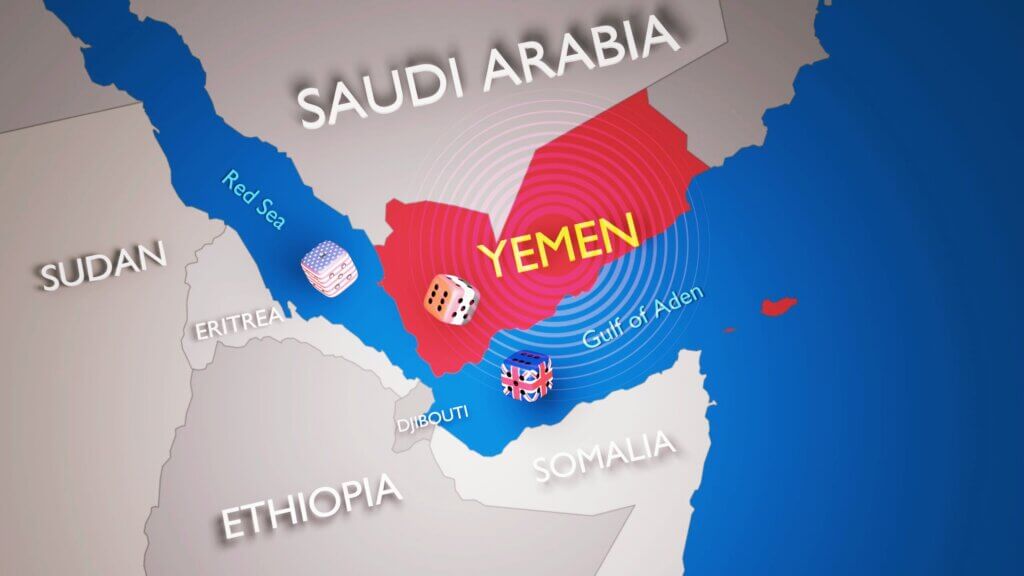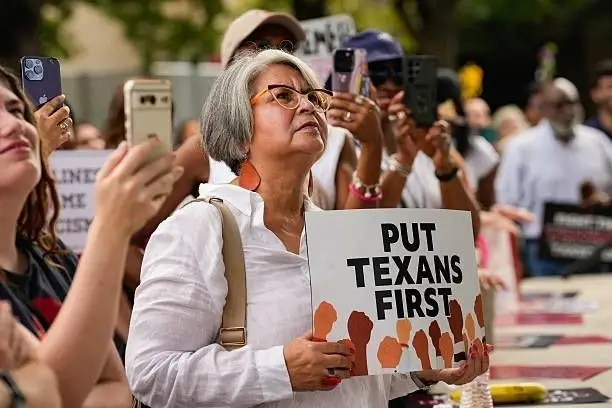On May 6, 2025, the United States and Yemen’s Houthi rebels reached a significant turning point: a ceasefire that could shift power dynamics across the Middle East. Known as the US Houthi ceasefire 2025, this agreement—brokered by Oman—brought a temporary stop to hostilities that had been escalating for months in the Red Sea region.
Under this deal, the U.S. agreed to stop airstrikes on Houthi targets in Yemen, while the Houthis pledged to halt their attacks on American and allied ships. The move was welcomed by shipping industries and security analysts who saw it as a much-needed de-escalation.

President Donald Trump claimed victory, stating the Houthis had “backed down.” But Houthi leaders insisted it was the U.S. who was retreating. Regardless of the spin, the US Houthi ceasefire 2025 has put a pause on one of the region’s most dangerous standoffs—at least for now.
Why the US Houthi Ceasefire 2025 Doesn’t Include Israel
Despite this major agreement, there’s a catch: the ceasefire doesn’t include Israel. Houthi officials clearly stated that the deal “does not apply in any way, shape, or form” to their ongoing conflict with Israel.
So, why was Israel left out of the US Houthi ceasefire 2025?
The Houthis have always positioned themselves as strong backers of the Palestinian cause. Since the 2023 Gaza escalation, they’ve launched missiles and drones toward Israel in what they claim is an act of resistance. Including Israel in the truce would contradict their narrative and alienate their base.
Furthermore, Iran—who supports the Houthis—likely had a hand in shaping the terms. Iran may have encouraged the ceasefire to relieve U.S. pressure and resume nuclear talks, but it probably didn’t want to limit the Houthis’ ability to threaten Israel.
What Happens After the US Houthi Ceasefire 2025?
The ceasefire may have cooled down U.S.–Houthi tensions, but the region is far from stable. Just days after the agreement, Israeli forces intercepted a missile launched from Yemen. This shows that while the US Houthi ceasefire 2025 reduces American risk, the conflict with Israel is heating up.
Israeli leaders, caught off guard by the U.S. decision, have voiced their frustration. Prime Minister Netanyahu said Israel “will defend itself by itself,” signaling that any diplomatic moves bypassing Israel could lead to further friction between longtime allies.
Cinclusion
The US Houthi ceasefire 2025 is a diplomatic milestone, but it’s not a blanket solution. By excluding Israel, the agreement has limited reach and may only delay broader regional conflict. Still, it’s a step—a cautious, imperfect step—toward reducing direct U.S. involvement in Yemen.



